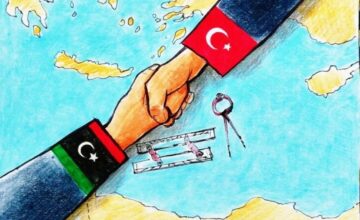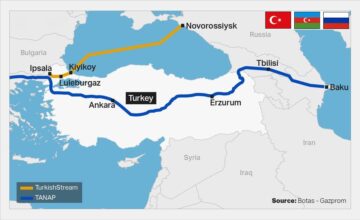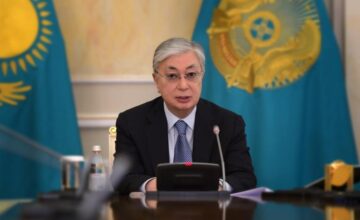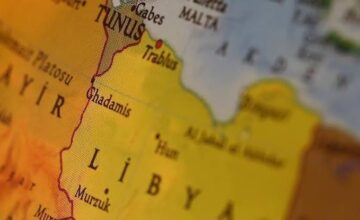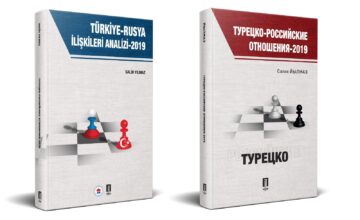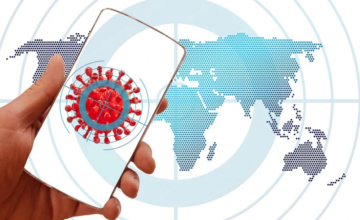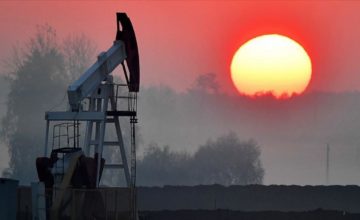How will COVID-19 change the global political system?
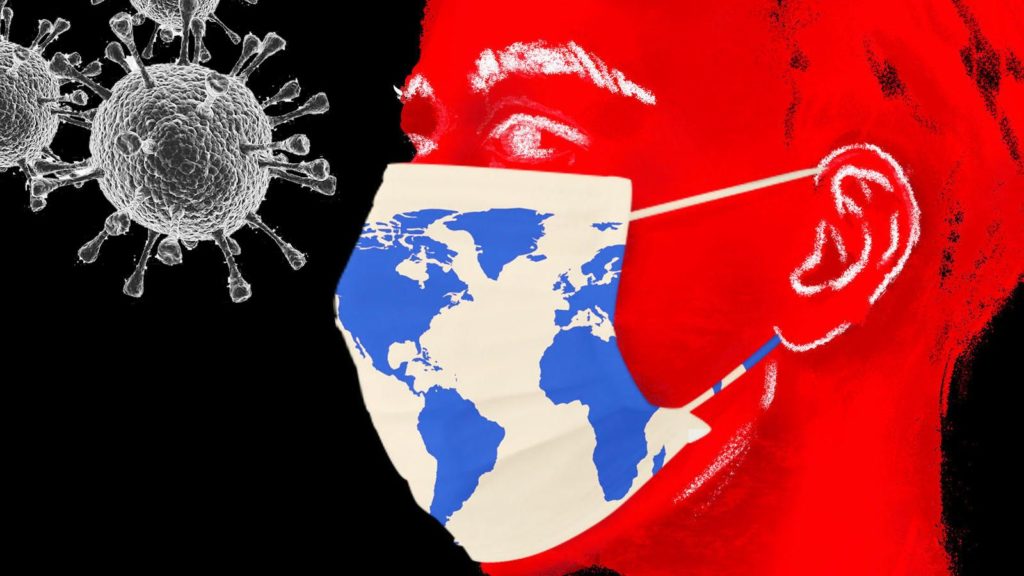
The spread of COVID-19 and Possible scenarios for global political system
The fight against coronavirus puts modern societies in unusual conditions. In fact, this is a situation of war in which the authorities gain powers due to the emergency within the borders, and the usual rights and freedoms of citizens are limited. Even during winter, media and experts doubted that quarantines in the Chinese spirit are possible in the democratic West.
However, the economic and political consequences of the COVID-19 to the global political – economic system must be highlighted and taken seriously as much as after 9/11 and 2008 Economic Crisis which had crucial impact on the whole global system. Though, during none of the financial crises of the 21st century the international order bog down at this level.
The coronavirus pandemic marks the end of our romance with a market society and hyper individualism. Anytime soon, we may see around some old school and inconsistent models of authoritarianism, populism, nationalism or limited statism which is not far from the social democratic tendencies but also a harmony of modest capitalism and social liberalism is possible, which could dominate the new global political system for many decades or even for the centuries.
The pandemic once again confirms that there is simply no alternative to the national state in solving existing problem. Neither transnational corporations, nor NGOs, nor even military-political unions can replace so called “nation-states”.
Moreover, the interaction in the logic of “state-state” is now more effective than the interaction of countries through international organizations. The fact is that states adapt to the new environment faster than international organizations. For example, Russia promptly provided assistance to Italy through its Ministry of Defense. NATO could also provide similar assistance, however the North Atlantic Alliance did not, but Russia did.
On the one hand, populism (mostly right-wing), which has been emerged after the Arab Spring and the beginning of Syrian Civil War in 2014 and gradually trigger itself with the increased tensions due to the massive flow of refugees to the EU member countries, will appear once again associated with the epidemic itself. On the other hand, the emphasis of ‘populism’ will change. For example, in Europe, Eurosceptics may be re-emerged stronger with criticism of the European Union’s lack of solidarity between member states and with insufficient medical readiness and sources. Now, the EU does not act as an institution capable of helping member states to overcome new crisis, maybe much bigger than the COVID-19 outbreak. In the post-COVID environment, many things will depend on how European authorities respond to the new challenge, because now this reaction is not enough to satisfy the citizens of the EU. But the growth of populism in Europe itself will directly depend on how successfully existing cabinets will operate now and in the next few months in European capitals. If these governments fail, then of course populists will have more chances to increase their electorate.
The “corona” pandemic made it necessary for the nation-states to turn in upon themselves and to think over. The nation-states are ready to turn their back to neo-liberal globalization. Nation-states with an authoritarian form of government may deviate from a path to further enhancing their authoritarianism. Nation-states, who can see the destruction, caused by liberalism in their state-society relations, could turn to the search for a relative stateness.
What are the main reasons for radical changes?
One thing the coronavirus (COVID-19) pandemic has done is collapsing oil demand, and subsequently prices. When oil demand dropped during the 2008-2009 financial crisis, it bounced back strongly in 2010. But this time the situation with oil market seems quite extraordinary. This pandemic, apparently, will change our world in several ways, and some of those ways involve lower oil demand.
Another impact of COVID-19 must be the increasing importance of planned and existing digital and communication bodies of the states. Governments may take more cautious and serious steps towards the improving and monitoring the digital and high-tech infrastructure and increase cyber-security through related ministries. This is one of the main outcomes of Industry 4.0 and continuing effect of Industry 5.0 on domestic political systems of the governments and international political system as a whole. We are not really far from hear the establishment of many new formations, bodies, commissions, committees and even ministries such as “Ministry of Cyber Security and High-Tech Development”, “The High Commission on Digital Development and Communication” or “Digital Industrialization Committee”. There are some new possible models already discussed in U.S. such as Virtual Congress and Online House of Representatives. The reason for increasing the importance of such concepts lies in many future developments. There are many of expected freshness and innovation in the structure of political systems of the governments. Let us imagine that the states will hold online presidential voting or virtual internal parliament elections what will definitely need in strongly monitoring and take necessary precautions in order to avoid hacker and cyber-attacks and make those elections %100 fair for everyone.
We can state that before the outbreak of COVID-19 in the Europe, even if majority of the EU citizens voted for the left, the primary model that has been dominated in the European political and economic system since the end of the WWII; the market economy model – the liberal one has been come out on top. Current generation of people in Europe who did not know what war or a global epidemic was, are experiencing a situation of mandatory and forced restrictions on freedom. Now they have gained such experience, and COVID-19 will affect the agenda of any upcoming elections, and maybe the whole political picture in several countries.
This, of course, is not only about the fact that a party or candidate who promises to allocate more budgetary funds for health care would now receive significant support. And not only that any proposal for fully financial intervention by the state in the economy would be greeted. Politicians in favor of expanding the powers of the state, for regulating different spheres of life, will be able to get an additional supportive audience. This is a crisis that not only leads to an overload of the healthcare system and the deaths of thousands of people, but also to a recession, a halt in the economy for months. This means that states should be able to quickly apply strict quarantines. This means that the ruling elite, in principle, needs more power in order to pass the necessary laws and introduce restrictions during the state of emergency as we are experiencing today in many of the countries.
It is obvious that there will be regime changes in the global political system in post-corona era. Currently, the governments are learning to be self-sufficient with the borders they have closed and depending on this, some ideological changes may occur within the regimes.
The structure and norms of the global international order will undergo changes in terms of politics, economy and security. As relations between countries have become more competitive, global self-sufficiency tendencies of the governments may increase in economics and commercial production and distribution processes in the long run.
There are some risks of increase in authoritarian regimes in the world because the authoritarianism and state control are already triggered by some measures like closing businesses, enforcing social distancing, and keeping people off the street.
We must take into account that the inequality, caused by the neo-liberal order on a global political system, has led to the fact that nation-states find strength again and the numbers of authoritarian regimes may increase further.
ILIYAS GASILOV
YENİ HABERLER
YORUMLAR
Henüz hiç yorum yapılmamış.




